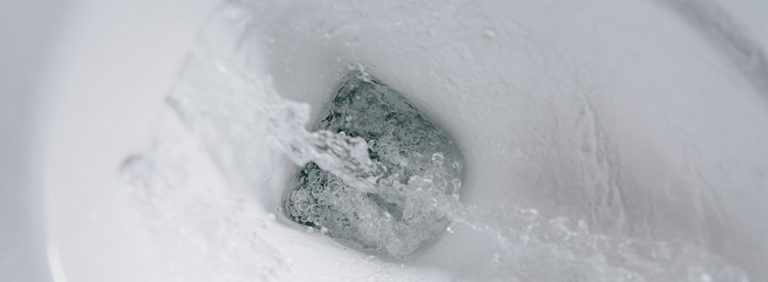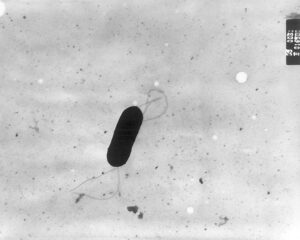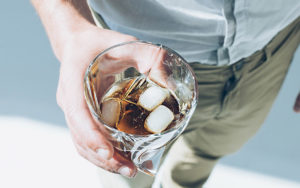Ice like water from toilets!

Recent years have brought a lot of reports about ice produced by ice cube machines in bars and restaurants and home ice makers. The results of the samples are chilling. The samples have more bacteria than the water found in toilets. Daily Mail was one of the news websites publishing this hideous information. In 2013, it conducted an independent analysis of ice samples obtained from the most popular fast food restaurants. It turned out that both the pub and restaurant samples and the home samples contained a sizeable number of harmful microorganisms. The bacteria found include those from the Pseudomonas and Acinetobacter genera and Staphylococcus group.
Experts agree on one thing: the presence of bacteria in ice is due to human negligence during ice production, lack of knowledge, infrequent and inadequate cleaning of equipment, the use of inadequately prepared water in domestic conditions, and failure to follow basic hygiene rules.
In most of the articles we reviewed, including the Daily Mail article cited above, the experts agreed on one thing: the presence of bacteria in ice is primarily due to improperly cleaned ice-making machines.

Ice is like water from toilets
Recent years have brought a lot of reports about ice produced by ice cube machines in bars and restaurants and home ice makers. The results of the samples are chilling. The samples have more bacteria than the water found in toilets. Daily Mail was one of the news websites publishing this hideous information

Listeria monocytogenes
Listeria monocytogenes is a broad-spectrum bacterium that multiplies between -0.4 °C and 50 °C, is resistant to short-term pasteurisation and freezing as well as subliminal doses of preservatives and detergents, thrives under both aerobic and anaerobic conditions,

The dirty truth about ice cubes
Ask yourself the question, how clean is the ice in your glass? If you are not careful, your drink has a lot of dangerous bacteria, no matter where the ice was made, whether in a pub, restaurant, ice factory, or your own home. You may think that micro-organisms do not survive in the icy conditions of freezers, but the truth is quite different and this is backed up by years of research by scientists around the world freezing bacteria and studying their survival rates.
Stowarzyszenie Producentów i Operatorów Certyfikowanego Lodu Spożywczego, (Association of producers and operators of certified food ice) KRS [National Court Register] No. 0000784552, REGON [National Official Business Register] No. 383424111, NIP [VAT] No. 7010927104 00-630 WARSZAWA, ul. POLNA 24/7

